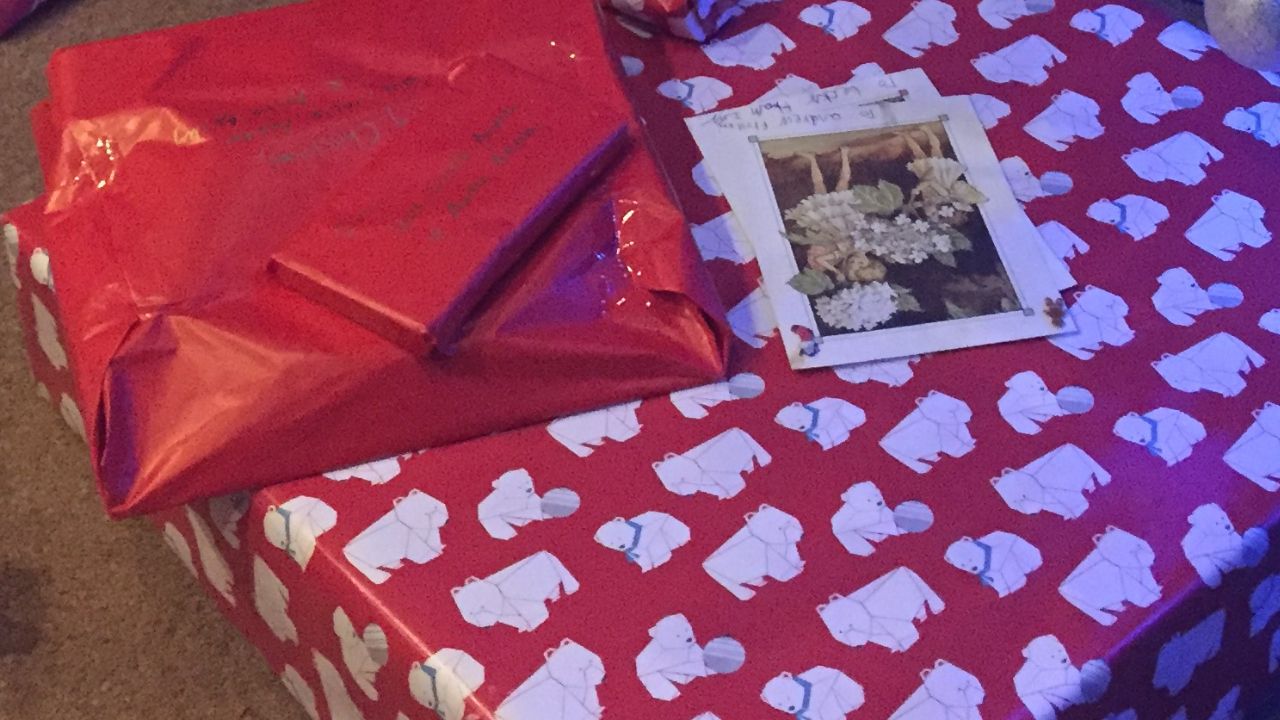The do’s and don’ts of passing on unwanted or duplicate gifts.
There’s a good chance at some point each year you’ll be given a gift you don’t want or need. Unwanted presents are frustrating and disappointing but also a bit awkward. So what do you do with it?
Some articles on the site contain affiliate links, which provide a small commission to help fund our work. However, they won’t affect the price you pay or our editorial independence. Read more here.

What to do with an unwanted present
The worst thing you can do with an unwanted gift is just throw it away. Not only are you adding to landfill, but the money spent by the gift giver has been wasted. Not much better is just putting it out of sight in a cupboard or drawer. It’ll probably just sit there gathering dust for a few years until you have a clear-out, and then go to the tip too.
You could try to make use of whatever you’ve been given, even if you don’t like it. But why wear a jumper, use the vase or eat some chocolates that aren’t to your taste simply because you feel you should? It’s not your fault the gift wasn’t right, so you shouldn’t feel guilty about it. Saying that, you might find you later learn to love it.
You could try to sell the present, though the admin and fees associated might be enough to put you off. It’s worth having a look online just to see what similar items have gone for, but it’s something likely only worth it for higher-value items.
Perhaps the best option, if you’re brave enough, is to be honest about the present. Tell the gift-giver why it’s not right and ask if they would be able to give you a gift receipt so you could exchange it, or if they would do it for you. This will be a lot easier if the gift is something you already have than if it’s just not to your taste. Still, it’s worth a go.
But if you can’t see that working, your next best bet financially is to pass the present on, also known as regifting. This can be controversial. Imagine how you’d feel if a gift you put thought into wasn’t just unwanted, but given to someone else? Not great. But it’s better to know someone, somewhere is making use of it rather than it getting chucked away.
And if you can avoid the awkwardness, then it’s a winning strategy. You’re giving someone a gift they hopefully will like, you’re helping the environment by not chucking it away and you’re saving yourself some cash by not having to buy something new.
So here a few simple rules and tips to help you navigate the minefield of regifting.
Do: only regift to someone you think will appreciate the present
Regifting doesn’t mean you can just palm off an unwanted present to any old friend or family member. If they won’t appreciate it, you’re just passing the buck, and it could still end up in the bin.
Instead have a think about who might like it, and there’s a good chance you’ll have a few contenders. Most unwanted gifts aren’t bad gifts. They might simply not be to your taste, or perhaps be a duplicate of something you already have.
 Featured switching deal
Featured switching deal
 Customer rating
3.8/5
Customer rating
3.8/5
- Switch bonus£200
- Offer endsUnknown
- Extra bonus£25 Amazon Gift Card
- FSCS Protected? Yes
- Switch bonus requirements Switch using the Current Account Switch Service and close your old account within 60 days of starting the switch
- Deposit requirements Deposit £1,500 in the first 60 days from opening the account
- Direct debits transferred over Set up two Direct Debits before or after the switch from a selected list of household bills
- Existing customers? Can't have held any Santander current account on 1 January 2025
- Restrictions Can't have received a switching bonus from Santander already, offer limited to once per person
- Eligible accounts Open a new or hold an existing Everyday, Edge, Edge Up or Edge Explorer current account
- £25 Amazon Gift Card requirements To qualify for the gift card, you need to complete a full switch using CASS, and make five debit card transactions within 30 days of opening the account
Get the best of our money saving content every week, straight to your inbox
Plus, new Quidco customers get a high paying £18 welcome offer

Don’t: regift everything
It’s worth taking into account any politics within your family or friendship groups. It might be better to keep hold of something and just bring it out from time to time to avoid any rifts. Yes, that could mean keeping hold of that awful painting your gran got you. But that might be better than the potential fallout if she found out.
Also some gifts are just plain bad. The kind you can’t understand why someone would manufacture it, let alone buy it. If you’ve got one of these and there’s no one you can think of who would like it then don’t regift it.
Do: have a regifting box
It’s worth keeping any unwanted gifts together in one box or cupboard. This way if you need to buy a present you can check what you’ve got and see if there’s anything suitable.
Don’t: forget who bought you the unwanted gift
There’s a danger with regifting of whoever you gave the gift to finding out, or perhaps even getting it back themselves. You hear stories of presents being passed around the same group year after year. Neither of these scenarios are desirable.
To avoid this, make a clear note of who gave you the gift and when. Then when you regift it, make sure it’s given to someone in a different circle.
Take a good look at your unwanted present. Have they inscribed a message in a book? Is there a tag stuck to the bottom of the box that you missed? If you’re sure there are no tell-tell signs the item is regifted then it’s fine to re-gift.
Don’t: regift anything that’s been used
Any unwanted present you want to pass on has to be in as good a condition as if you’d just bought it yourself. Packaging is key here so ensure any tags are intact and the box unopened. It’s important to check use-by dates on any food or drink gifts too.
Do: remember charity shops
Finally, as we’ve mentioned a few times above, you can also give an unwanted present to a charity shop. But don’t just dump a bag outside the shop. Take it in and see what they will take and then you can deal with anything they reject.





I regift at least once a year. I got a present for my birthday this year that wasn’t to my taste but I just knew that my daughter-in-law would like it, so now it’s hers. Some gifts I put towards raffles for charities fundraising efforts, which is another good use for unwanted gifts, as is just donating them to charity shops.